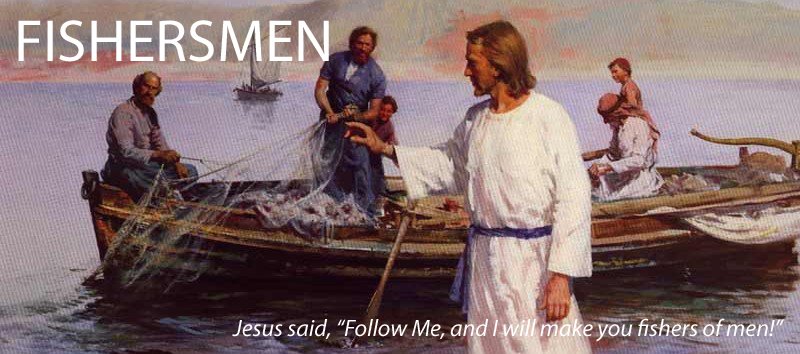Mormons claim to be a part of Christianity, and yet claim to have a later, more correct revelation about God and His will beyond the old and new testaments. Let’s explore some of the contrasts between Orthodox Christianity and Mormonism: The following is a clip from All About Religion.org
Mormonism vs. Christianity - The Differences
Mormonism (The Church of Jesus Christ of Latter-day Saints) was birthed in 1820 by a vision in which two celestial personages appeared to Joseph Smith claiming all existing churches were wrong, all their creeds were an abomination, and all their professors were corrupt. According to these personages, Smith had been chosen to restore—not reform— a church that had disappeared from the face of the earth. The Mormon doctrines that evolved from this vision compromise confuse or contradict the nature of God, the authority of Scripture and the way of salvation.
Mormonism vs. Christianity - View of God
First, while Christians believe that God is spirit, Joseph Smith taught, “God Himself was once as we are now, and is an exalted man, and sits enthroned in yonder heavens!” Mormonism also holds to a plurality of Gods and contends that “as man is God once was; as God is man may become.” Additionally, the Latter-day Saints compromise the nature of the God-man, Jesus Christ. In Christianity, Jesus is the self-existent creator of all things. In Mormonism, he is the spirit brother of Lucifer who was conceived in heaven by a celestial Mother and came in flesh as the result of the Father having sex with the Virgin Mary.
Mormonism vs. Christianity - Revelation
Furthermore, in sharp distinction to orthodox Christian theology, Mormons do not believe that the Bible is the infallible repository for redemptive revelation. In their view, the Book of Mormon is “the most correct of any book on earth, and the keystone of our religion.” Two further revelations complete the Mormon quad, namely Doctrines and Covenants and The Pearl of Great Price. Doctrines and Covenants is a compilation of divine revelations that includes the doctrine of polygamy. Not until threatened by the federal government did Mormon president Wilford Woodruff receive a revelation relegating polygamy to the afterlife. The Pearl of Great Price is no less troubling. It was this extra-biblical revelation that was used by Mormonism to prevent African Americans from entering the priesthood and from being exalted to godhood.
Mormonism vs. Christianity - Heaven
Finally, while Christians believe that they will stand before God dressed in the spotless robes of Christ’s righteousness, Mormons contend that they will appear before heavenly Father dressed in fig-leaf aprons holding good works in their hands. According to the Latter-day Saints, virtually everyone qualifies for heaven. Murderers, unrepentant whoremongers and the world’s vilest people make it into the Telestial heaven; lukewarm Mormons, religious people, and those who accept the Mormon gospel in the spirit world typically enter the Terrestrial heaven; and temple Mormons make it to the Celestial heaven. Only those who are sealed in secret temple rituals, however, will make it to the third level of the Celestial kingdom, become God’s of their own planets.
These and many other doctrinal perversions exclude Mormonism from rightly being called Christian.
Isaiah 43:10 says, "'You are my witnesses,' declares the LORD , 'and my servant whom I have chosen, so that you may know and believe me and understand that I am he. Before me no god was formed, nor will there be one after me.'"
Copyright Christian Research Institute and Hank Hanegraaff. Used by permission
